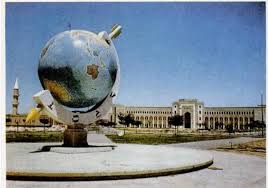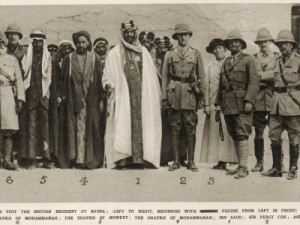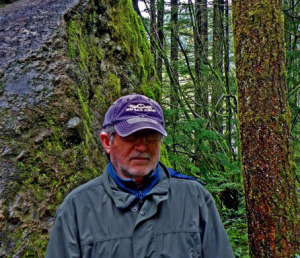Regime change has been an American obsession in the post-war era.
In 1953, the CIA (and British MI6) did not like the elected government of Mossadegh in Iran. There were issues of Iran taking their oil industry back, and worries about the strong Tudeh (communist) Party being legal. So they staged a play where the petulant young shah left for Europe, mobs of paid agents provocateurs were brought into the streets, and the generals staged a coup d’etat (to bring order). That was the beginning of the torturous love affair between the Iranian people and the United States government (as represented by the CIA). It set the stage for the Revolution of 1979, the US Embassy affair in Tehran, and the continued rancor. It could lead to another endless American war in yet another Muslim land, if the warmongers in the Republican Party (and some Democrats) have their way with Donald Trump.
Easy early success in Iran encouraged the CIA, which quickly shifted to another elected “leftist” regime, in Guatemala. President Árbenz was overthrown, and the rest of Latin America knew who was boss, until Fidel Castro and Che Guevara broke the mold.
But there were other “incidents” in Latin America: the Dominican election of 1965 was followed by the usual military coup and Lyndon Johnson’s invasion; the Brazilian military coup; the bloody overthrow of the elected Allende regime in Chile and the mass murders that followed (Nixon, Kissinger).
Those were all successful coups and invasions with the goal of regime change. The attempts in Cuba failed.
But the Western attempt at regime change with the bloodiest long-term consequences for the West was in a Muslim country: Afghanistan. The mistake of intervention in Afghanistan would come to haunt the West, especially the USA, for decades later. It started the ball rolling on Islamic Jihad and terrorism:
After the Communists took over in Kabul in 1978, through a counter military coup, the USA and its Saudi allies started encouraging a tribal insurrection. In 1979 Moscow did its own version of regime change in Kabul, but eventually ended up paying a heavy price. Afghanistan became a battlefield for competing regime changes: the Soviet Russians supporting the ruling secular Communists, and the West and Wahhabi Arabs supporting the reactionary tribal Afghan Mujahideen (Islamist Fundamentalist) rebels. We all know how that story evolved: the Wahhabi Taliban Jihadists eventually took over in Kabul, Al Qaeda found a safe haven, 9/11 happened, then ISIS, and all that. And the longest endless futile war in American history that nobody has the courage to end, apparently not yet.
In the Arab World, Saddam Hussein opened the door to direct American military intervention and regime change. His failed attempted invasion of Iran bankrupted Iraq and led him to the invasion of Kuwait in 1990, perhaps to recoup his losses. That set the stage for George W Bush and the neocons to invade Iraq in 2003, after the September 11 attacks.
Then there was the NATO operation that culminated in regime change in Libya. The dictator Muammar Gaddafi was overthrown, tortured, and murdered along with one of his sons. Libya is now a divided failed state, exporting more terrorism than it did even before 2011.
The Syrian war is another example. One can just imagine what will happen when tens of thousands of Jihadis from Arab lands (mostly from Saudi Arabia and North Africa) and from European cities go back home to roost.
But wait, it is not over yet. Some old unrepentant Republican Necons and paid Democrats and lobbyists of generous despotic un-elected Arab princes are again taking up the old call of regime change in Tehran. Using a former terrorist group that acts as a Saudi surrogate. Some of these folks actually believe they will be received with flowers and cheers in Tehran and other places. Will they ever learn? Apparently not. I think they should leave any regime change to the Iranian people.
Most people in the Middle East consider these continuous Western (mainly American) interventions as a return of Western colonialism, probably correctly so. The more Islamist fundamentalist peoples in the Middle East, some among the Arab Salafis, consider these interventions a new Crusade.
Right now some American politicians might want to focus on regime change closer to home, if you get my meaning….
Cheers
Mohammed Haider Ghuloum







